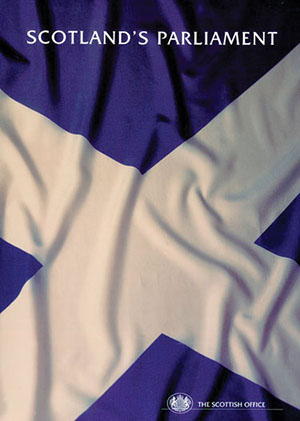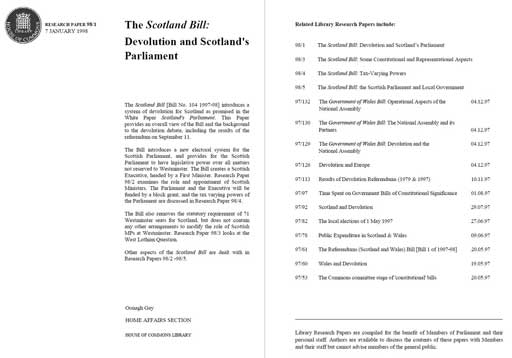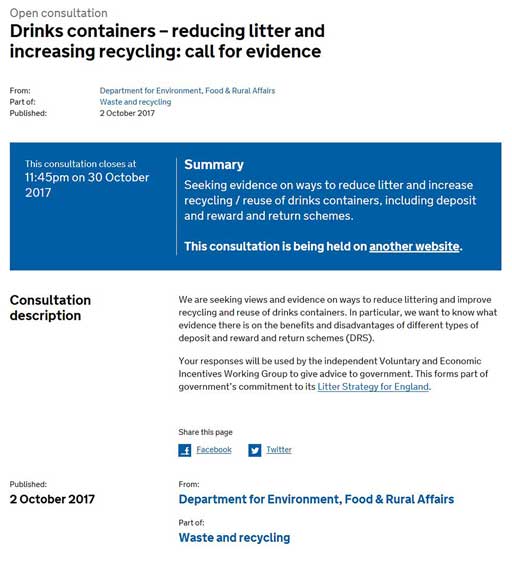1.1 Preparation for Bills
A period of preparation of a Bill allows time to scrutinise evidence on the policies underlying Bills, and to consider whether Bills can be improved before they are introduced. Proper preparation of a Bill should lead to better-informed debates on Bills when they are introduced, and may save time by identifying problems at an early stage. This period of pre-legislative scrutiny allows valuable time for consideration and is intended to avoid introducing laws that are unworkable. Consultations are organised by the Government Department responsible for the Bill and may include the following:
- The Government Department will publish a Green Paper outlining the ideas for a Bill and seek comments and advice from affected organisations. These comments are summarised by civil servants and passed on to the relevant Minister.
- The Department may then publish a White Paper that outlines firm proposals which will be contained in the Bill. This White Paper will form the basis of the Bill to be introduced to Parliament.
Bills are drafted by Parliamentary Draftsmen (lawyers skilled in drafting Bills) who work to ensure that a Bill is clear and unambiguous.
Box _unit5.1.1 Box 1 Bills and Parliamentary Counsel
Sir Geoffrey Bowman KCB, First Parliamentary Counsel […] in written evidence, [he] described the relationship between the Department from which a bill originated and the Parliamentary Counsel Office:
A Bill is a joint effort, and there are many participants – Ministers, administrative and legal civil servants, drafters, Members and officials of both Houses, and members of the public affected by the Bill. The drafter’s main contact will usually be with the departmental lawyers, who draw up written instructions to our office.
There is an inherent tension in the process of producing Bills. On the one hand there is the political need to get legislation prepared and enacted quickly. On the other hand there is the need to get legislation right. If it does not stand up to logical analysis or it is legally defective, it will be prone to attack as it passes through Parliament and (once enacted) it will be challenged in the courts. There is always a balance to be struck. If you go too quickly you risk producing a faulty product. If you go too slowly you risk getting nothing done. But any Bill needs a certain time to mature. Everything needs to be thought through and tested in order to make sure that it stands up. The iterative process in which successive drafts are tried out and discussed prior to introduction into Parliament is vital. And it takes time.



